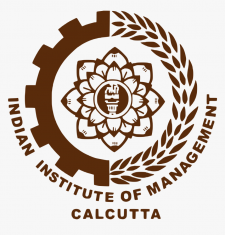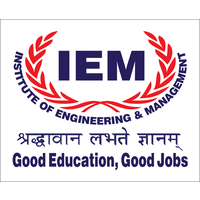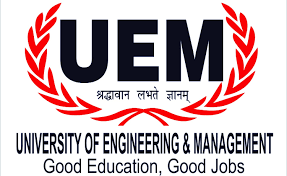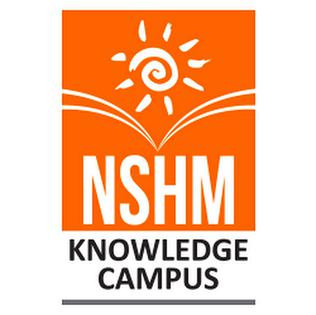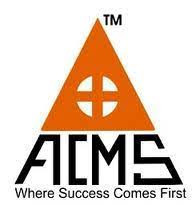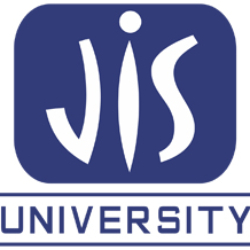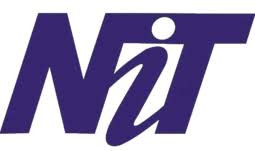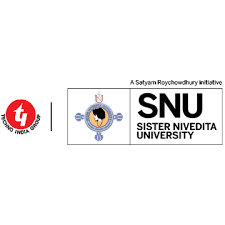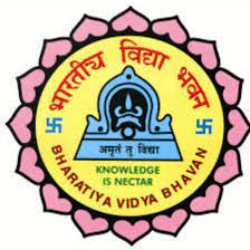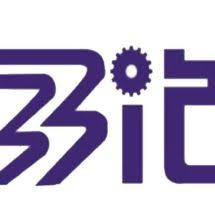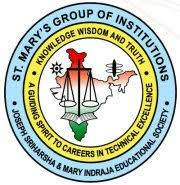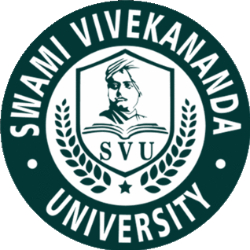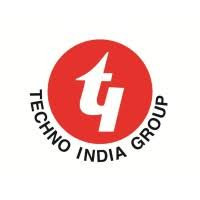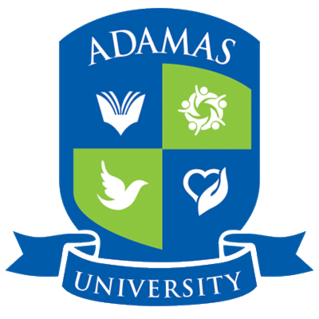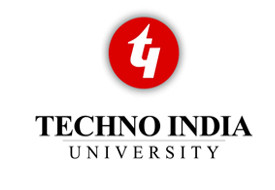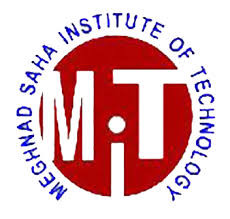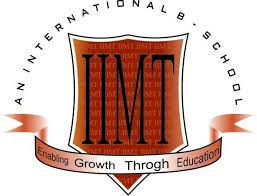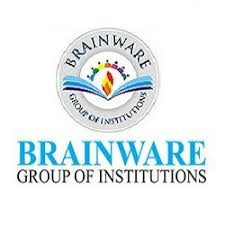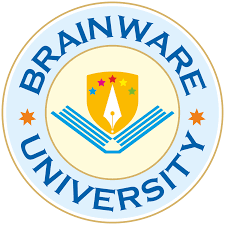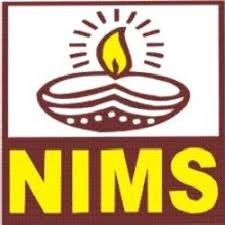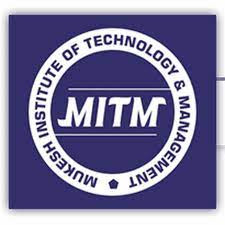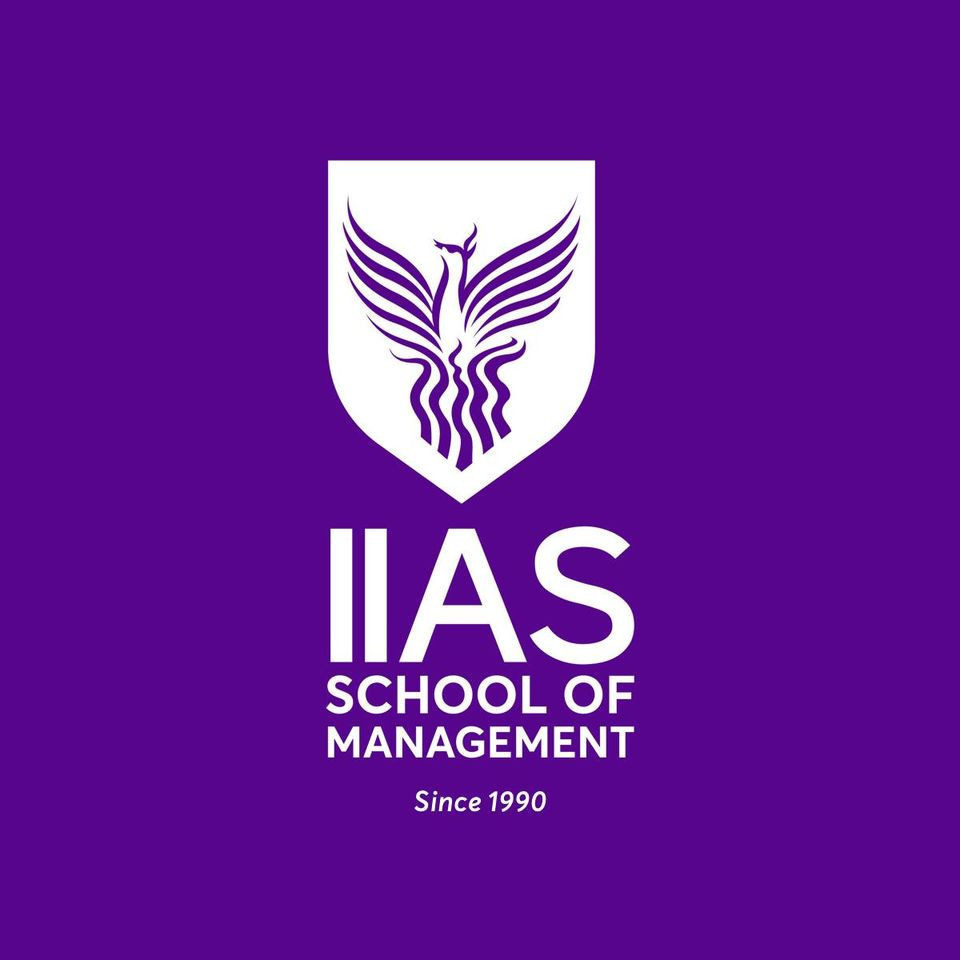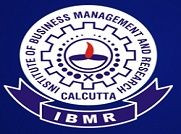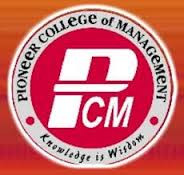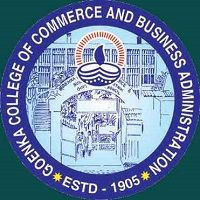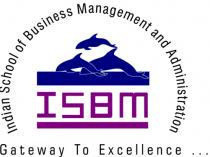An MBA in Kolkata is a sensible selection because there are numerous options for pursuing an MBA at reasonable prices with high returns on investment. The more excellent corporate interface is also conceivable due to its unique status as an industrial powerhouse and state capital.
Introduction of MBA
MBA is a postgraduate degree programme in management and business administration. MBA stands for Master of Business Administration and is open to students from all backgrounds. The MBA course lasts two years and develops a variety of talents, including managerial skills and leadership abilities.
From marketing to tourism and healthcare, every economic sector now requires experienced managers. As a result, graduates can find a variety of MBA professions, including Finance Manager, Marketing Manager, Media Planner, Product Manager, and Sales Manager.
MBA Course Highlights
|
Degree Name |
Masters of Business Administration |
|
Level |
Postgraduate |
|
MBA Degree Duration |
2 years |
|
Education mode |
Full-time, Part-time, Distance. |
|
MBA Entrance Exams |
CAT, XAT, GMAT, SNAP, NMAT, CMAT, KMAT, ATMA, MAT, IIFT. |
|
MBA Eligibility Criteria |
Graduation in any discipline |
|
MBA Admission process |
Entrance Exam + Group Discussion + Personal Interview (GD-PI) |
|
MBA Fees for the entire duration |
Rs 20,400 to Rs 20.80 Lakhs |
|
Average Salary |
Rs. 5.60 LPA |
Eligibility Criteria:
- The candidate must complete his/her graduation in any stream.
- The candidate must clear the entrance test with the required score.
- There is no upper age limit to do an MBA.
- The candidate in the final year of their graduation can appear for the entrance exam.
MBA Specialisations:
- MBA in H.R Management
- MBA in Finance Management
- MBA in Healthcare Management
- MBA in I.T
- MBA in Operations Management
- MBA in Marketing Management
- MBA in Business Management
- MBA in International Business
- MBA in Entrepreneurship Management
- MBA in Retail Management
Syllabus of MBA:
The MBA syllabus will vary from college to college, but the course aims and subjects shall remain the same. While the subjects are the college's decision, the overall course curriculum is standardised for holistic education. Hence, the subject distribution over the syllabus may differ, but the study matter remains consistent. Nevertheless, candidates should check the official website to know the complete syllabus. Here is a general guide to MBA syllabus design, as commonly followed by Indian colleges:
|
Semester 1 |
Semester 2 |
|
Quantitative Techniques for Management |
Principles of Management and Organisational Behaviour |
|
Marketing Management |
Research Methods for Management |
|
Managerial Economics |
Corporate Communication |
|
Human Resource Management |
Operations Management |
|
Accounting and Finance for Managers |
- |
|
Semester 3 |
Semester 4 |
|
Personal Management Concepts |
Performance Management: Systems and strategies |
|
Compensation Management |
Strategic Management |
|
Methodology of Training and Development |
Business Environment and Ethics |
|
Industrial Relations Management |
Organisational Development and Change |
|
Human Resource Development and Planning |
- |
Top MBA Colleges in Kolkata:
- Indian Institute Of Management - Calcutta
- https://educationexclusive.com/institute-of-engineering-and-management
- University of Engineering & Management - Kolkata
- NSHM Knowledge Campus - Kolkata
- Annex College of Management Studies
- JIS University - Kolkata
- Narula Institute Of Technology
- Sister Nivedita University
- Heritage Business School
- Bharatiya Vidya Bhavan Institute of Management Science
- Future Institute of Engineering & Management
- Indian Institute of Social Welfare and Business Management
MBA Entrance Exams:
Admission to MBA courses is determined by the cut-off score obtained in MBA Entrance Exams. The final admission decision is based on the candidate's MBA entrance exam percentile, performance in the MBA GD-PI Rounds, and overall academic achievement.
National Entrance Test - Many entrance exams are held nationally for MBA admission. CAT, MAT, XAT, ATMA, CMAT, and IIFT are popular national MBA entry tests.
State-level MBA Admission - In addition to national-level MBA entrance exams, many states have their own MBA entrance exams. Qualifying individuals can enrol in any of the participating colleges within the state. The top state-level exams are MAH MBA CET, OJEE MBA, TANCET, APICET, and KMAT.
University Entrance Test - Some reputable MBA schools offer multiple university-level examinations to admit students. Such university-level examinations include NMAT/NMIMS, CUSAT, SNAP, and IPU CET.
MBA Entrance Exam in Kolkata:
In Kolkata, there are ninety-five top MBA colleges. Nine of these universities are owned by public or government entities, while the remaining 70 are privately held. The entrance examinations that top MBA schools in Kolkata accept the most are CAT and MAT, JEMAT, CMAT, XAT, ATMA, NMAT, AUAT, GMAT, PGCET, etc.
Employment and career opportunities:
Many students pursue MBA degrees to secure a job after finishing their education. Many MBA graduates find jobs in a variety of fields, including human resources, finance, and operations.
Top Recruiters Hiring MBA Graduates:
Every top MBA school has a strong placement history. These MBA schools' placement seasons offer competitive final placement salaries, ranging from Rs. 5 to 30 LPA. Large Indian firms run numerous industrial plants in Kolkata that produce anything from electronics to jute. In Kolkata, the IT sector has also seen a sharp rise in MBA placements. Kolkata is home to the largest MBA recruiters in the consulting industry, including Deloitte, Ernst & Young, Frost & Sullivan, Hewitt Associates, SAP, TCS, and Wipro. There have been many MBA placements in Kolkata, and the MBA schools there provide career-focused MBA courses. The number of colleges is growing annually.
|
Avendus |
Deloitte |
HDFC |
|
ICICI Bank |
JP Morgan Chase & Co. |
Mahindra |
|
McKinsey & Company |
Reliance |
Samsung |
|
ITC |
Tata |
TAS |
|
Larsen & Toubro |
EXL |
HSBC |
|
Goldman Sachs |
Nestle |
Tata |
|
Accenture |
Amazon |
Aditya Birla Group |
|
Microsoft |
Wipro |
Microland |
Scope of MBA:
An MBA degree opens many employment possibilities in private and public sectors, from marketing to tourism and healthcare. Graduates with remarkable knowledge and skills can advance to junior, senior, and executive positions in the business and public sectors after completing their MBA. Jobs in this industry can be highly gratifying and satisfying, especially for graduates from top business schools. Even without a college degree, people with the correct skill set and competence can quickly get to work in the best corporations and organisations.
FAQs
- What is the average MBA course fee?
The average MBA course fee ranges between INR 10 - 25 lakhs. The average fee for MBA courses at IIMs is under INR 30 lakhs and for IITs it is under INR 10 lakh. Students can pay MBA fees in instalments semester-wise. There are various MBA scholarships and education loans available to pay MBA fees. - What are the top MBA colleges in India?
IIM Ahmedabad, IIM Bangalore, IIM Kozhikode, IIM Calcutta, IIT Delhi, XLRI Jamshedpur, IIM Lucknow, and IIM Mumbai are the top MBA colleges in India as per NIRF rankings in 2024. - What is the general MBA admission process?
MBA admission takes place through entrance exams. The final admission is based on the candidate’s percentile in the MBA entrance exam, performance in group discussion and personal interview rounds and overall academics. - Which MBA colleges conduct their own MBA entrance exams?
Colleges like IIFT, TISS Mumbai, IBS, and Symbiosis International University conduct their own MBA entrance exams for admission.
- IIFT - Indian Institute of Foreign Trade
- IBS - ICFAI Business School
- SNAP - Symbiosis National Aptitude Test
- What is the difference between an MBA and a PGDM?
An MBA is a degree, but a PGDM is a diploma programme, and that is the fundamental distinction between the two. PGDM programmes are offered by stand-alone institutions or autonomous bodies, whereas MBA is offered by universities or MBA colleges affiliated with top management universities.

